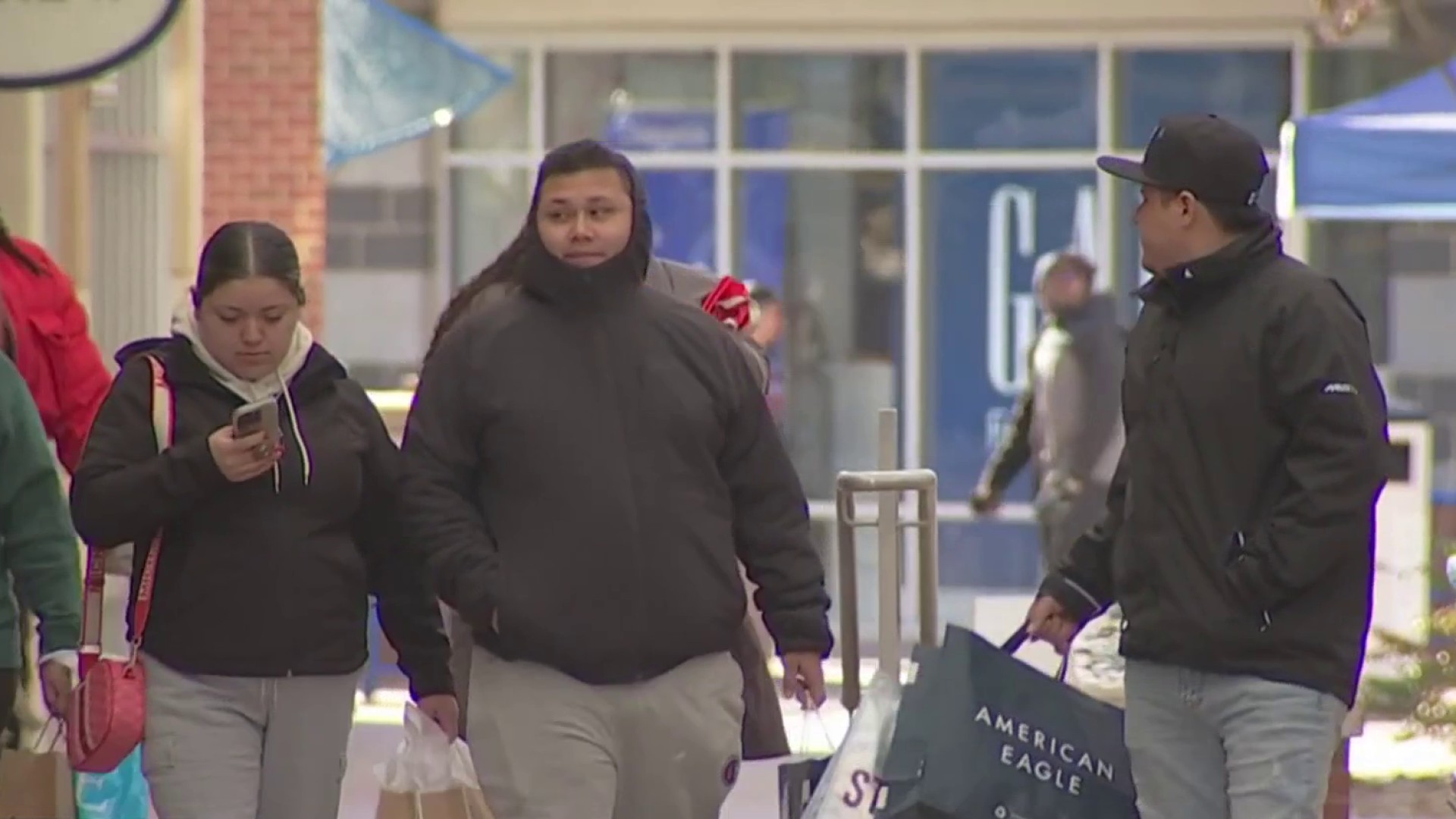Tens of thousands of people who have attended racial justice demonstrations in Washington, D.C., starting in late May should monitor themselves for coronavirus symptoms, get tested for the virus and work from home for two weeks if possible, the city’s health director says.
Any mass gatherings of people, including protests, pose a risk of spreading the virus, Dr. LaQuandra Nesbitt said at a news conference Wednesday.
“We strongly encourage those individuals to be monitoring themselves for signs and symptoms,” she said.
If possible, demonstrators should telework for 14 days after attending an event, Nesbitt said. They should be “more judicious” about where they go and with whom they come into contact, though a full quarantine is not necessary.
People who have symptoms of the virus or think they could have been exposed should wait three to five days after potential exposure and get tested.
Members of the D.C. National Guard tested positive for COVID-19 after patrolling the protests, a spokeswoman said Tuesday. She said they were screened for the coronavirus prior to their arrival. Information was not released on the number of troops affected.
D.C. is still in reopening phase one, with mass gatherings limited to 10 people. Nesbitt and Mayor Muriel Bowser acknowledged that protests violate the ban but said efforts to prevent the spread of the virus must be balanced with citizens’ First Amendment rights.
Local
Washington, D.C., Maryland and Virginia local news, events and information
Many participants in the demonstrations that began May 29 after the killing of George Floyd have worn face masks. But social distancing has been difficult.
Go here for more information on what the city says you should do if you’re considering attending a demonstration or already did and think you could have been exposed.
Bowser said she will be tested for COVID-19 for a third time on Wednesday after previously testing negative.
City officials said they are carefully tracking data on the spread of the virus. Phase two reopening is unlikely to begin until June 19 at the earliest, Nesbitt reiterated. A spike in virus cases could delay when phase two can begin.
Phase two reopening will lift some restrictions on restaurants, nonessential stores, salons and outdoor recreation.
Officials also spoke about police reform and Black Lives Matter signs being moved as fencing around the White House and Lafayette Square comes down. The city is aiding the effort to preserve the signs, D.C.’s director of homeland security Christopher Geldart said.
Crews began dismantling parts of a large fence southeast of the White House early Wednesday. Volunteers worked to move Black Lives Matter signs and tributes to Floyd that had covered large parts of the fence. Many were moved across the street, affixed to a temporary wall around a construction site.
Bowser offered tepid support for the police reform bill unanimously approved Tuesday by the D.C. Council.
“I know that the council felt that they needed to act urgently on some issues. They have the ability to do that with emergency legislation,” she said.
The mayor said she will sign the act, which will limit the use of force by police, release body camera footage more quickly and limit the role of the police union in the police disciplinary process.
D.C. announced on Wednesday another 63 cases of COVID-19 and four deaths. More than 9,500 people have been diagnosed with the virus and 499 have died.



